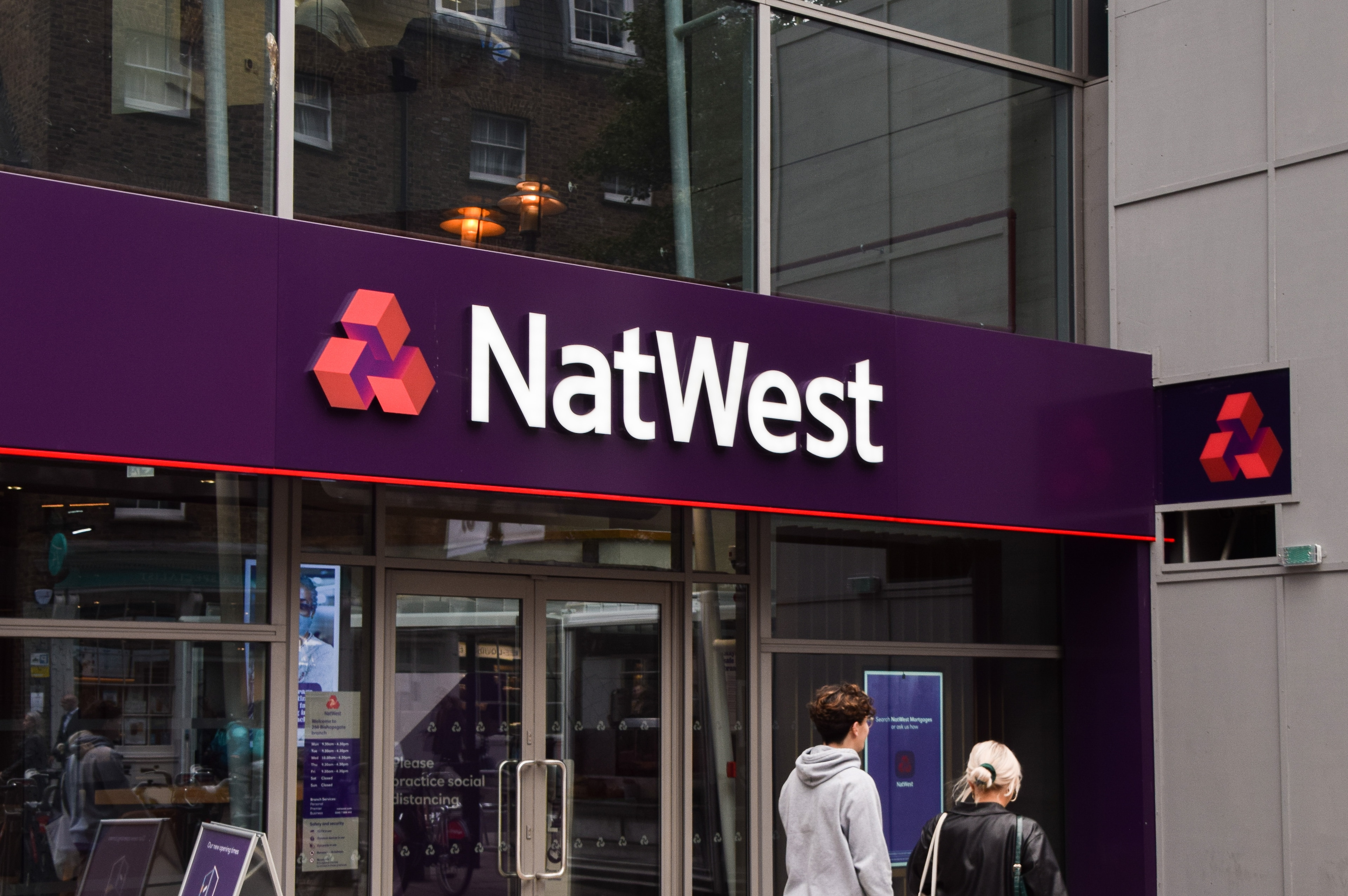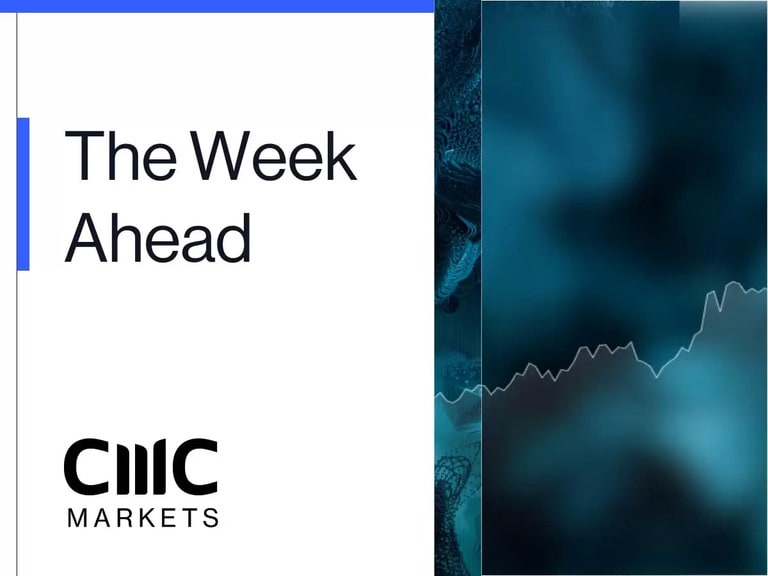European markets have finished what has been a positive month, on the back foot today, with the FTSE 100 slipping back towards the 7,200 level after hitting 20-month highs earlier this week.
Europe
Having seen decent numbers from Lloyds and Barclays in the last week or so, expectations were high for NatWest Group’s Q3 numbers, and while they came in better than forecast, the shares have dropped sharply to the bottom of the FTSE 100. The reaction can partly be explained by the fact that NatWest shares are one of the top 10 performing shares on the FTSE 100 year to date, and in reality, the numbers should have been better.
The bank is still paying the price for legacy issues with a £294m fine after pleading guilty to three criminal charges of money laundering earlier this month, while its net interest margin fell by 8 bps to 1.54% in Q3, unlike Lloyds which has seen its margins rise. There is still plenty to like about NatWest’s recovery, however improvement is still needed, and a sharp fall in profits in Q3 compared to Q2 shows it has some catching up to do when it comes to competing with Lloyds and Barclays, both of whose shares have held up well today.
Also doing well, advertising company WPP is building on its gains from yesterday, after raising its full year guidance on the back of a strong Q3.
Darktrace is also continuing to claw back the lost ground from this week’s broker inspired sell-off, which saw Peel Hunt saying the company was overvalued. While that may be true there seems to be plenty out there who have used the sell off as an opportunity to jump on board for a company that appears to be adding new clients at a fairly rapid clip.
On the downside Smith and Nephew are also underperforming on a negative read across from US peer Stryker.
It’s been a good first day for the IPO of Volvo Cars in Stockholm today, the shares jumping over 20% on its debut, illustrating that there is good investor demand for the electric vehicles vision. That being said the initial valuation was at the lower end of estimates largely over concern about the global semiconductor shortage. Even so, an $18bn valuation is still pretty decent even if it does pale into insignificance when compared to Tesla.
US
US markets opened lower today, dragged down by Apple and Amazon after both companies fell short of market expectations on their latest numbers.
Amazon saw Q3 sales come in shy of expectations at $110.8bn, with profits also falling well short at $6.12c a share. In Q2 the online stores business saw net sales of $52.6bn, however this fell back in Q3 to $49.4bn, probably due to less people shopping online and going out more as restrictions were lifted. On the plus side Amazon Web Services was a bright spot as revenues rose to $16 1bn, up from $14.8bn in Q2.
Amazon’s biggest problem and it isn’t something unique to them has been a big rise in costs which rose by $2bn in Q3, with $1bn of that in salaries. This trend is expected to continue in Q4 in the leadup to the Christmas period even with higher sales projections of between $130bn to $140bn Amazon says it expects to hire another 250k people worldwide at a cost of an extra $4bn in costs, raising the prospect that they might not make a profit at all during Q4. This would take overall expenses close to $20bn, a big increase from the $12bn seen in Q1.
Apple’s Q4 numbers also fell short of market expectations, as revenues came in short at $83.36bn, missing expectations of $84.69bn. This is still a very solid number, and lest we forget Apple hasn’t offered any guidance for the last 6 quarters, so perhaps the markets have been ignoring some obvious headwinds. It's not as if Apple hadn’t prepared the ground for this when it was reported that they were cutting production on their iPhone by 10m units. Furthermore, the company has still grown revenues in every segment and geography year over year, so even with the revenue miss it’s still a money-making machine.
Its biggest problem is fulfilling the demand for its products. Tim Cook said that the various supply problems cost Apple $6bn over the quarter, with iPhone revenues coming up short at $38.87bn during the quarter, below the $41.6bn consensus. iPad revenue on the other hand was better than expected, coming in at $8.25bn, well over the $7.16bn, while Mac revenue came in at $9.18bn, missing slightly on $9.31bn. Services, which Apple is increasingly focussing on, saw another record performance generating $18.28bn, well above $17.57bn. As we look ahead to the upcoming quarter the various problems in supply chains are likely to reverberate into the first half of its new fiscal year, with the newest iPhones, iPads, Watches and Macs not shipping until the end of November, beginning of December.
Facebook is also in the news on the back of its underwhelming name change to Meta, as part of the company’s tilt towards an internet made of shared virtual spaces linked into a perceived virtual universe. Perhaps Facebook management are hoping that the name change will act as a welcome distraction to its current problems it is facing about the mental harm its products are said to be doing to younger people. Whatever the reasons for the name change it has a distinct “Ready Player One” feel to it, although it's unlikely to be anywhere near as good, more a case of “Underverse” Riddick style, than Metaverse.
US big oil has also beaten expectations when it comes to their latest Q3 numbers. Exxon and Chevron both posted numbers that compared favourably to Royal Dutch Shells poor numbers earlier this week. Both US companies benefitted from higher natural gas and oil prices posting their best numbers in years.
FX
The US dollar has had another poor week, although we’re seeing a bit of a rebound today. The greenback has come under pressure over the past few weeks against a backdrop of other central banks looking to take steps to pare back their emergency stimulus measures in the coming days.
The Bank of Canada unexpectedly ended its bond buying program this week, and there is widespread speculation that the RBA could do the same when it meets next week, given how well the Australian dollar has done these past few days, amidst a huge surge in Australian two- and three-year yields.
The pound has also found a degree of support this week for the same reason. The Euro appears to have found a short-term base after this week’s ECB meeting after President Lagarde’s ambivalent response as to whether markets were correct to price in a rate hike before the end of next year. Today’s surprise jump in EU October CPI to 4.1% is another reminder of the risks of the ECB’s current ultra-loose monetary policy and if anything adds to the pressure on a central bank that appears to be in denial as markets price in ever increasing inflation risks.
Commodities
An end of month rebound in the US dollar is fuelling a decline in crude oil prices today. As we look towards November and another 400k barrels of output being released into the market, the pullback in oil prices appears to be driven by this week’s sharp rise in inventory levels, which is prompting concern about demand destruction.
Gold is also seeing an end of month sell-off for the same reason, with US yields short term yields spiking higher, ahead of next week's Fed meeting.
CMC Markets erbjuder sin tjänst som ”execution only”. Detta material (antingen uttryckt eller inte) är endast för allmän information och tar inte hänsyn till dina personliga omständigheter eller mål. Ingenting i detta material är (eller bör anses vara) finansiella, investeringar eller andra råd som beroende bör läggas på. Inget yttrande i materialet utgör en rekommendation från CMC Markets eller författaren om en viss investering, säkerhet, transaktion eller investeringsstrategi. Detta innehåll har inte skapats i enlighet med de regler som finns för oberoende investeringsrådgivning. Även om vi inte uttryckligen hindras från att handla innan vi har tillhandhållit detta innehåll försöker vi inte dra nytta av det innan det sprids.






